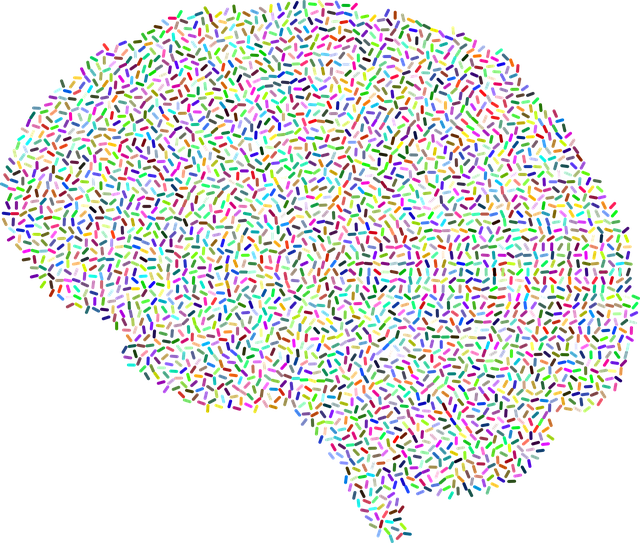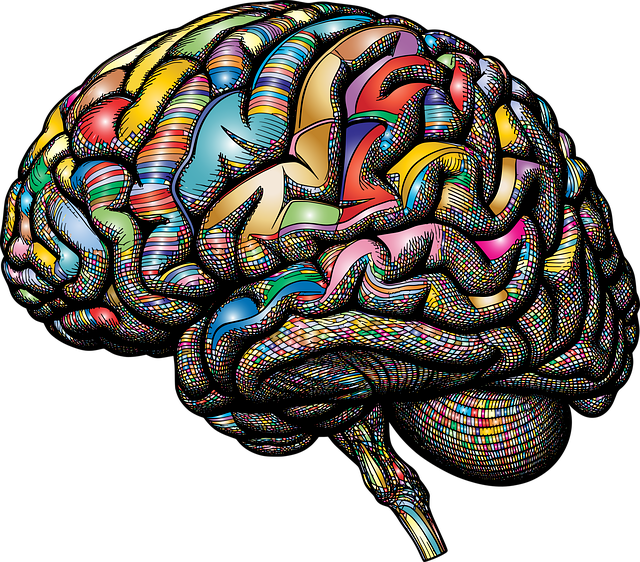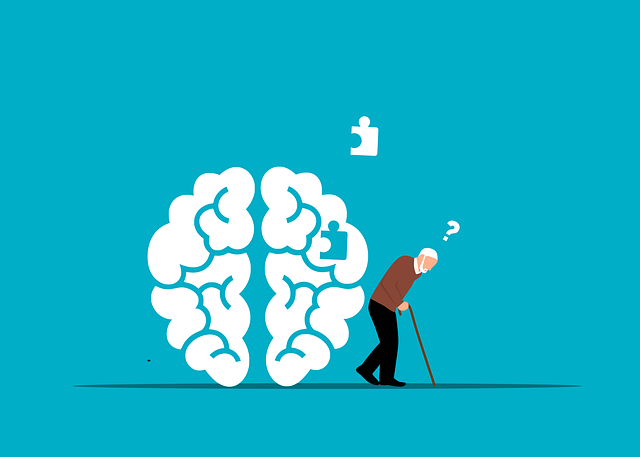Boulder is addressing the pressing issue of misdiagnosing mental health problems in men by implementing specialized therapy and innovative practices. Traditional mental health services have been criticized for focusing on female presentations, leading to less accurate evaluations for males. Boulder's response includes raising awareness about gender-specific manifestations, promoting self-awareness exercises, and educating on depression prevention strategies. Advanced training, AI-driven assessment tools, and digital interventions like telemedicine further enhance diagnosis accuracy and accessibility to care. Programs offered by Boulder Mens Issues Therapy equip mental health professionals with advanced risk assessment skills and emotional well-being promotion techniques, improving care quality and outcomes for men facing mental wellness challenges.
In Boulder, men often face unique challenges when it comes to mental health care, with misdiagnosis being a significant concern. This article explores efforts to enhance the accuracy of mental illness diagnoses for men, delving into key areas such as understanding gender-specific issues, adopting evidence-based assessment techniques, leveraging technology, and the crucial role of training in improving diagnosis accuracy in Boulder mens issues therapy.
- Understanding the Challenges: Misdiagnosis in Men's Mental Health
- Enhancing Assessment Techniques: Evidence-Based Approaches
- Integrating Technology and Innovation for Better Diagnosis
- The Role of Training and Education in Improving Diagnosis Accuracy
Understanding the Challenges: Misdiagnosis in Men's Mental Health

Misdiagnosis is a significant challenge in men’s mental health, often exacerbating existing symptoms and hindering access to effective treatment. Traditionally, mental health practices have been criticized for focusing heavily on female presentations of distress, leading to less accurate evaluations for men. This gender bias can be attributed to cultural stereotypes that discourage men from openly discussing their emotions, creating a barrier to receiving appropriate care. The unique expression of mental illness in males, often characterized by irritability, aggression, or substance abuse, can easily mask underlying emotional struggles.
In Boulder, where mens issues therapy is increasingly accessible, efforts are being made to address these challenges. Enhancing diagnostic accuracy involves raising awareness about gender-specific manifestations of mental health concerns and promoting Self-Awareness Exercises that encourage men to identify their emotions without societal pressure. By fostering a culture of open dialogue and providing education on Depression Prevention strategies, the community can ensure that men receive timely and appropriate support, ultimately improving overall well-being.
Enhancing Assessment Techniques: Evidence-Based Approaches

In recent years, there has been a growing focus on enhancing mental health assessment techniques to improve diagnosis accuracy, particularly in addressing men’s issues in Boulder and beyond. Evidence-based approaches play a crucial role in this endeavor, offering validated tools and strategies that help professionals navigate the complex landscape of mental wellness. By adopting these methods, therapists can more effectively assess and diagnose various mental illnesses, ensuring tailored interventions for each client.
One such approach is Crisis Intervention Guidance, which equips practitioners with skills to support individuals during acute crises. Additionally, Mental Illness Stigma Reduction Efforts have gained prominence, aiming to create a more inclusive environment where men feel comfortable seeking help without fear of judgment. These initiatives, combined with continuous training and research, contribute to the overall goal of improving mental health assessment and diagnosis accuracy in male populations.
Integrating Technology and Innovation for Better Diagnosis

In the realm of mental health care, integrating technology and innovation is revolutionizing diagnosis methods. Digital tools offer a more nuanced approach to understanding complex psychological conditions, especially in addressing men’s mental health issues in Boulder. For instance, AI-powered assessment platforms can analyze vast amounts of data, including patient histories, symptoms, and behavior patterns, to provide comprehensive evaluations. This precision enables healthcare providers to make more accurate diagnoses, ensuring personalized treatment plans that cater to individual needs.
Furthermore, digital interventions like telemedicine and mobile applications enhance access to care. Burnout prevention strategies for healthcare providers can be implemented through these platforms, promoting well-being in a rapidly evolving industry. Positive thinking and social skills training, often integral parts of therapy, can also be delivered digitally, making professional support more accessible and potentially life-saving.
The Role of Training and Education in Improving Diagnosis Accuracy

In the pursuit of enhancing mental illness diagnosis accuracy, training and education stand as cornerstones. Specialized programs, such as those offered by Boulder Mens Issues Therapy, equip mental health professionals with advanced skills in risk assessment, enabling them to identify subtle indicators and complex presentations more effectively. These comprehensive trainings go beyond basic diagnostics, offering practical guidance on Mental Wellness Journaling Exercises that aid in refining assessment techniques and fostering a deeper understanding of individual experiences.
Moreover, educational initiatives emphasize Emotional Well-being Promotion Techniques, empowering professionals to create supportive environments where clients feel safe to express their struggles openly. By integrating these approaches, the mental health community not only improves diagnosis accuracy but also enhances the overall quality of care provided, ultimately leading to better outcomes for individuals navigating mental wellness challenges.
Mental illness diagnosis accuracy has long been a challenge, particularly for men due to unique presenting symptoms. By enhancing assessment techniques with evidence-based approaches, integrating technology and innovation, and prioritizing training and education in Boulder Men’s Issues Therapy, we can significantly improve diagnostic reliability. These efforts ensure that individuals receive appropriate care, fostering better mental health outcomes across the board.














